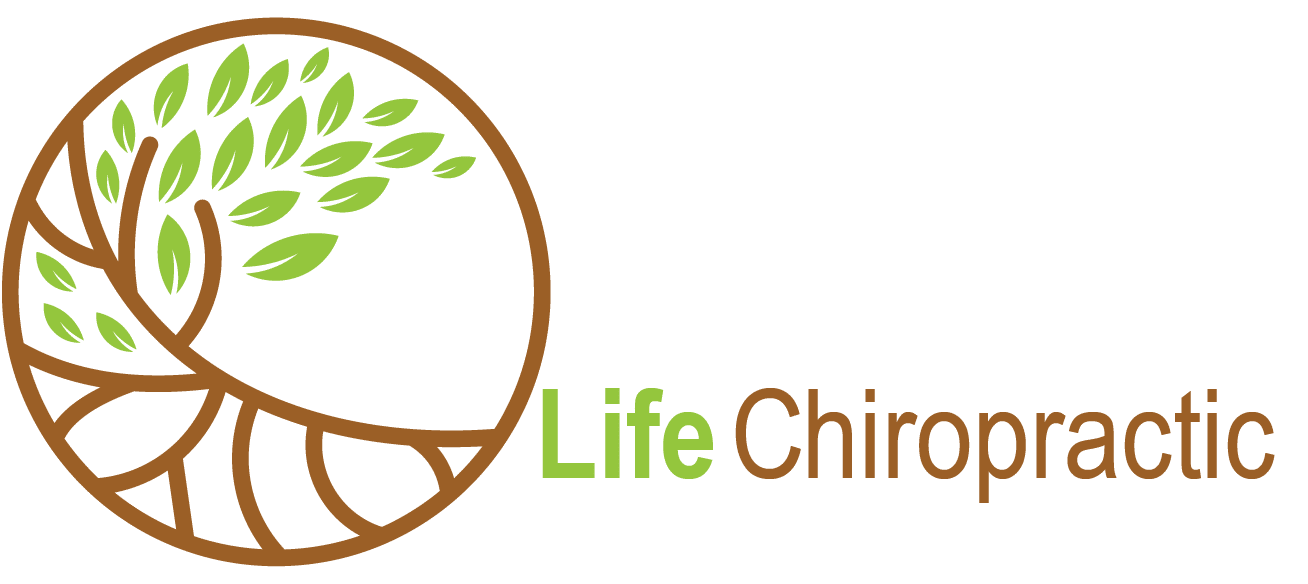According to Psychology Today burnout is a state of emotional, mental, and often physical exhaustion brought on by prolonged or repeated stress. That’s a simplified definition that deserves a bit more.
The reality is that stress is central to every loss of physical and emotional health. It is estimated that 90% of all illness and disease is stress related. And, more than 75% of all doctor’s visits are for stress related issues.
The key to overcoming and recovering from burnout lies in changing our relationship to stress, but probably not how you might think.
According to the famous Cleveland Clinic these are the top 5 signs of burnout:
- Fatigue: This impacts every aspect of your life from work to family to recreation. When you are always exhausted there isn’t much fun in life.
- Apathy: Feeling apathetic or dissatisfied with your work or life is another sign of burnout. It’s pretty tough putting in a great effort when you are exhausted and apathetic.
- Headaches: Headaches are a very common symptom of burnout. As we explore burnout and its causes you will understand why.
- Changes to Your Sleep or Diet Patterns: With the severe stress of burnout comes changes in what and when you eat or the amount of sleep you desire.
A good mental health professional is a great resource if you are experiencing burnout. But, burnout also has significant physical changes that if addressed will dramatically assist your recovery from burnout.
Here’s a post I did that is related to how we address burnout: For Your Health Go to Vagus
Burnout and Stress
Stress is intimately related to pretty much every health challenge from headaches to indigestion to anxiety to burnout. Our nervous system is programmed for one thing above all others, survival. Stress activates the survival portion of the nervous system called the Sympathetic Nervous System. This is also called the “fight-or-flight” system.
This system mobilizes energy for fighting or fleeing but it also shuts down the functions responsible for health and well-being. The sympathetic system causes these responses:
- Increased muscle tension especially in the neck and shoulders
- Impaired digestion
- Higher heart rate and blood pressure
- Disturbed quality of sleep
- Impaired immune system
- Increased inflammation
Over time the repeated activation of the sympathetic system results in a chronic activation of the system and just as important, a suppression of its counterpart the Vagus Nerve. The Vagus Nerve helps support:
- Rest and Recovery
- Human Connection
- Quality Sleep
- Digestion
- Functioning Immune System
In the early stages of this Sympathetic activation one can feel energized and focused. Over the long haul the body cannot maintain good health without the essentials of rest, recovery, sleep, and good digestion.
4 Critical Legs to a Successful Burnout Recovery
Maybe you’ve heard of Adrenal Fatigue. Many people try to treat the adrenals not understanding that they are the effect and not the cause of burnout. We want to address the source.
Critical Leg #1: Correct Irritation and Interference to the Autonomic Nervous System (ANS). Imbalances in the spine where the ANS originates can put pressure and tension on these nerves and perpetuate the imbalance. The critical areas to address are the upper neck and pelvis.
Critical Leg #2: Structural Balance. There is an intimate relationship between the structure of the body and the nervous system. If your structure is out of balance there is continual stress to the ANS. We want to bring balance to your pelvis and head to reduce any tension to your nervous system.
Critical Leg #3: Vagus Nerve Activation. While the problem started with over activation of the Sympathetic System the pathway out is to raise the activity of the Vagus Nerve. Doing this accomplishes a couple of things. It helps to lower activity of the Sympathetic System. Over time it will also make you much more resilient to the effects of stress. Chiropractic gets this started but I draw deeply from Polyvagal Theory to help activate the Vagus Nerve in a variety of ways. Conscious breathwork is the single most consistent and powerful activator of the Vagus Nerve.
Critical Leg #4: Sleep Hygiene.Sleep is a bit of a double-edged sword. With burnout it can be tough to get the quality sleep you need and without consistent quality sleep you will have difficulty recovering. Here are the basics of sleep you want to prioritize:
- Consistent sleep time daily
- At least 7-8 hours of sleep
- Dark room
- Cool temperature
- No caffeine after noon
- No alcohol in the evening
- Avoid food for a few hours before sleep
As your Sympathetic System quiets down and your Vagus Nerve activity increases you will find it easier and easier to get the sleep you need to recover.
In addition to the above 4 legs here are a couple of additional steps you should consider. Burnout is the result of long-term stress and you will need to nurture yourself over time to recover from this. Recovery from burnout is a process that takes time and repetition.
I suggest adding some supplements called Adaptogens to your routine. These are substances that have been shown to help heal the Hypothalamic-Pituitary-Adrenal axis. That’s the neurological pathway that is activated by stress.
A couple of well researched Adaptogens are Ashwagandha and Rhodiola. Look for a well respected line of herbal supplements.
You should also do your best to limit your intake of sugar and control blood sugar swings. Excess sugar along with caffeine will stress the adrenal glands.
Make sure to subscribe to my social media channels where I regularly post tips, insights and practices to help you.
Facebook: Life Chiropractic Facebook
YouTube: Life Chiropractic YouTube
Instagram: Life Chiropractic Instagram
Schedule your first visit here:Life Chiropractic
I look forward to exploring how we can help you.
